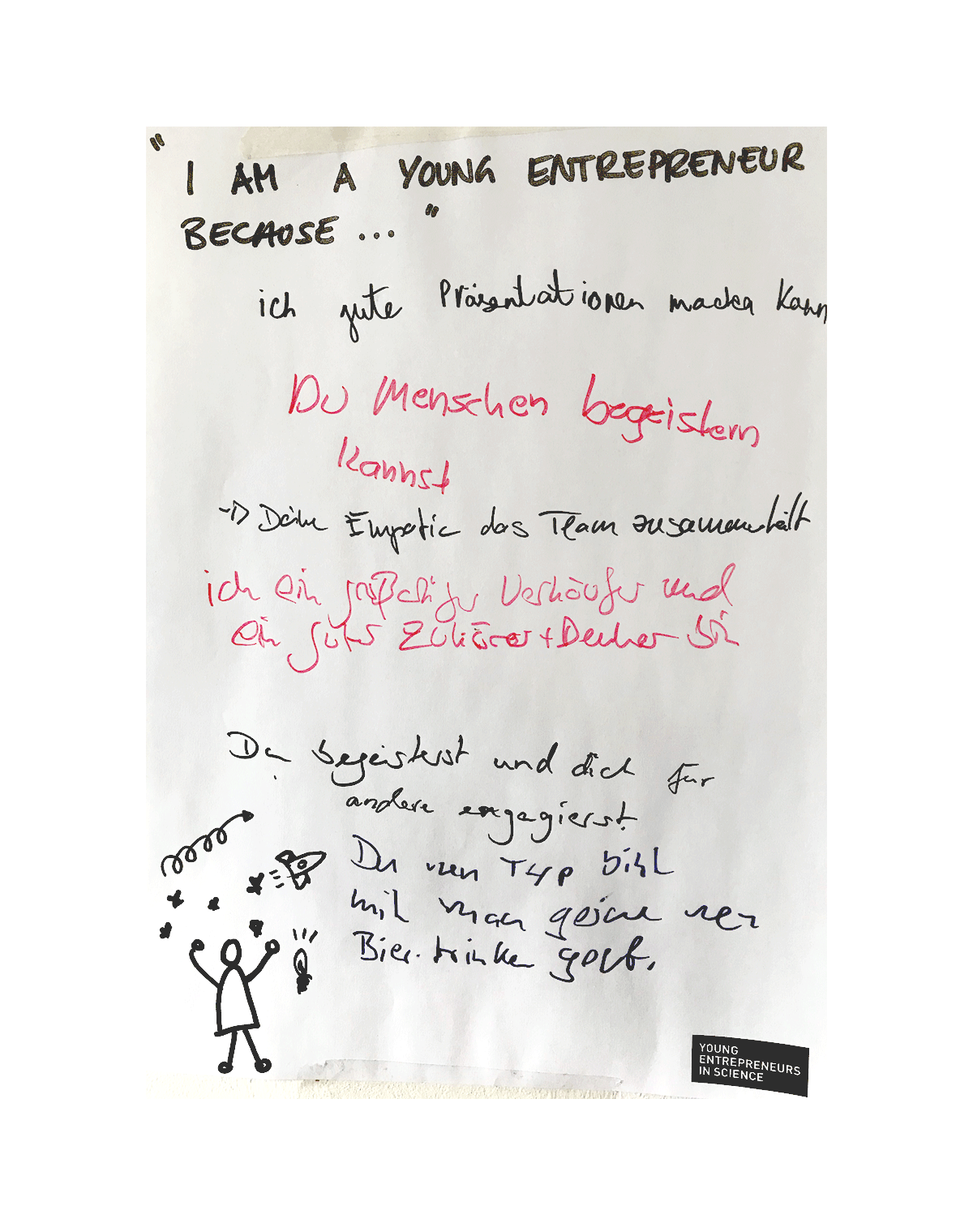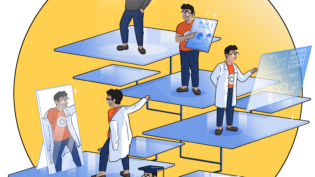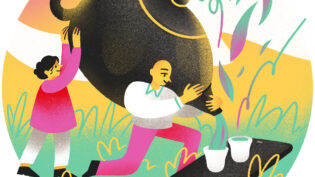
From Business to Purpose
Written by
How mindfulness benefits your brain, your business, and the planet
It is easy to shrug off mindfulness as just another trend out of self-help books. But its potential for economic transformation should not be underestimated, according to Fabrice Mielke, founder of MindEvolved. With his holistic approach, the Young Entrepreneurs in Science alumnus wants to convince businesses of mindful, sustainable management. Read on to learn how Fabrice started making a living off of his PhD topic, and what fuels his passion behind MindEvolved.
What is the idea behind taking the concept of mindfulness from the personal space to the professional space?
I believe that the key to mindful organisations (collective mindfulness) is the individual mindfulness. So, why should organisations be mindful? They become more adaptable to change. Being good at managing unexpected events, such as COVID-19, allows for a competitive advantage. Mindfulness is one approach to do so. That is why individual mindfulness should be of interest to companies, being connected to stress-reduction, resilience, focus, and performance. In the long-term, my intention is to help shift corporate interests towards a more wholesome approach, which goes beyond concerns like turnover and performance. Those are organisations that operate with a purpose and with an awareness of all living things (collective wisdom).
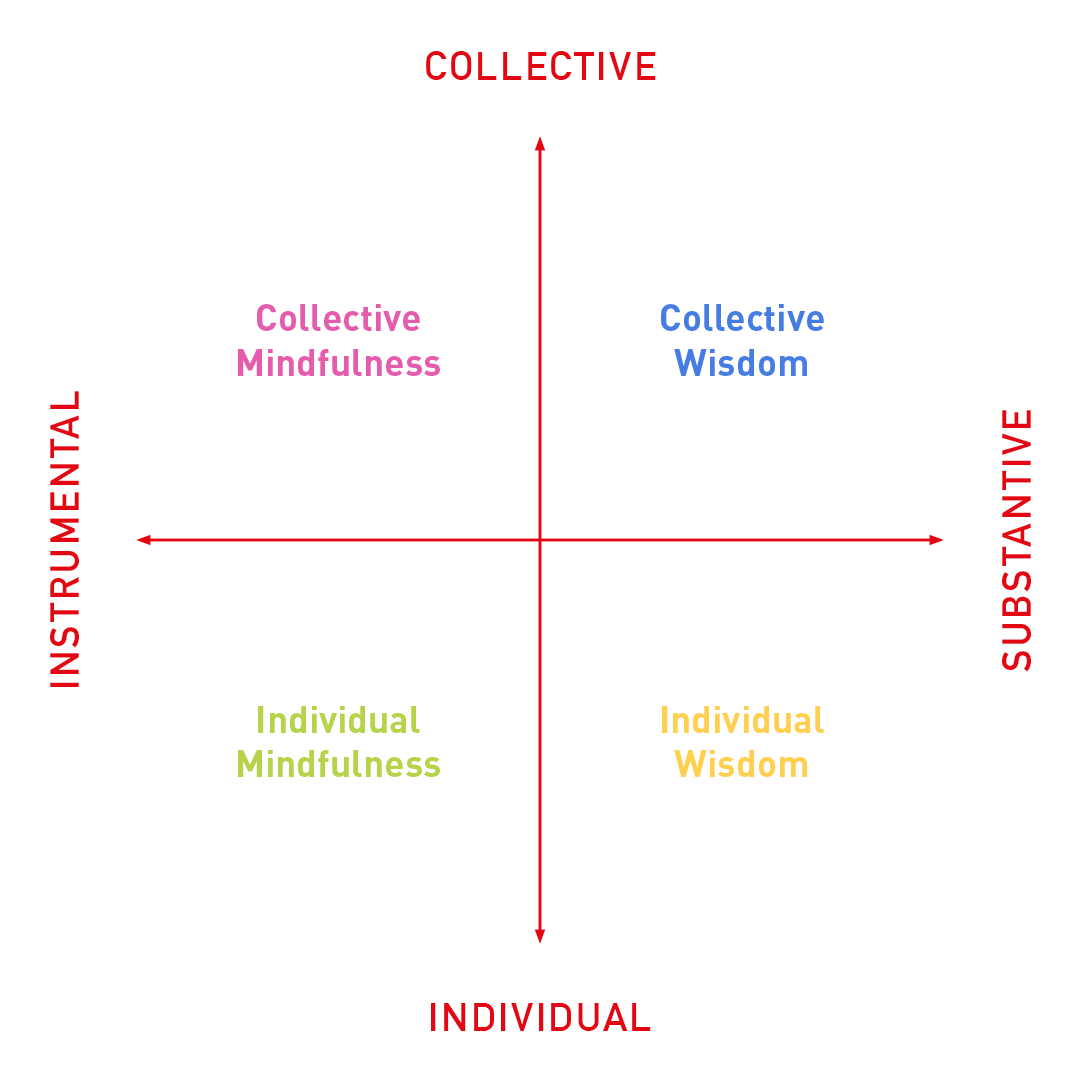
From cigarette breaks to mindfulness breaks: How did mindfulness find its way into the mainstream?
Actually, it was thanks to science! In the mid to late 90s, neuroscientists discovered that mindfulness practise affects neuroplasticity. Precisely, the researchers looked at brain activity of long-term Buddhist practitioners. For instance, these practitioners showed a lowered activity of the amygdala during the experiments, which is associated with a decrease in emotionally reactive behavior. Hence there was an objective reality proving that mindfulness has an effect. This is how it exploded.
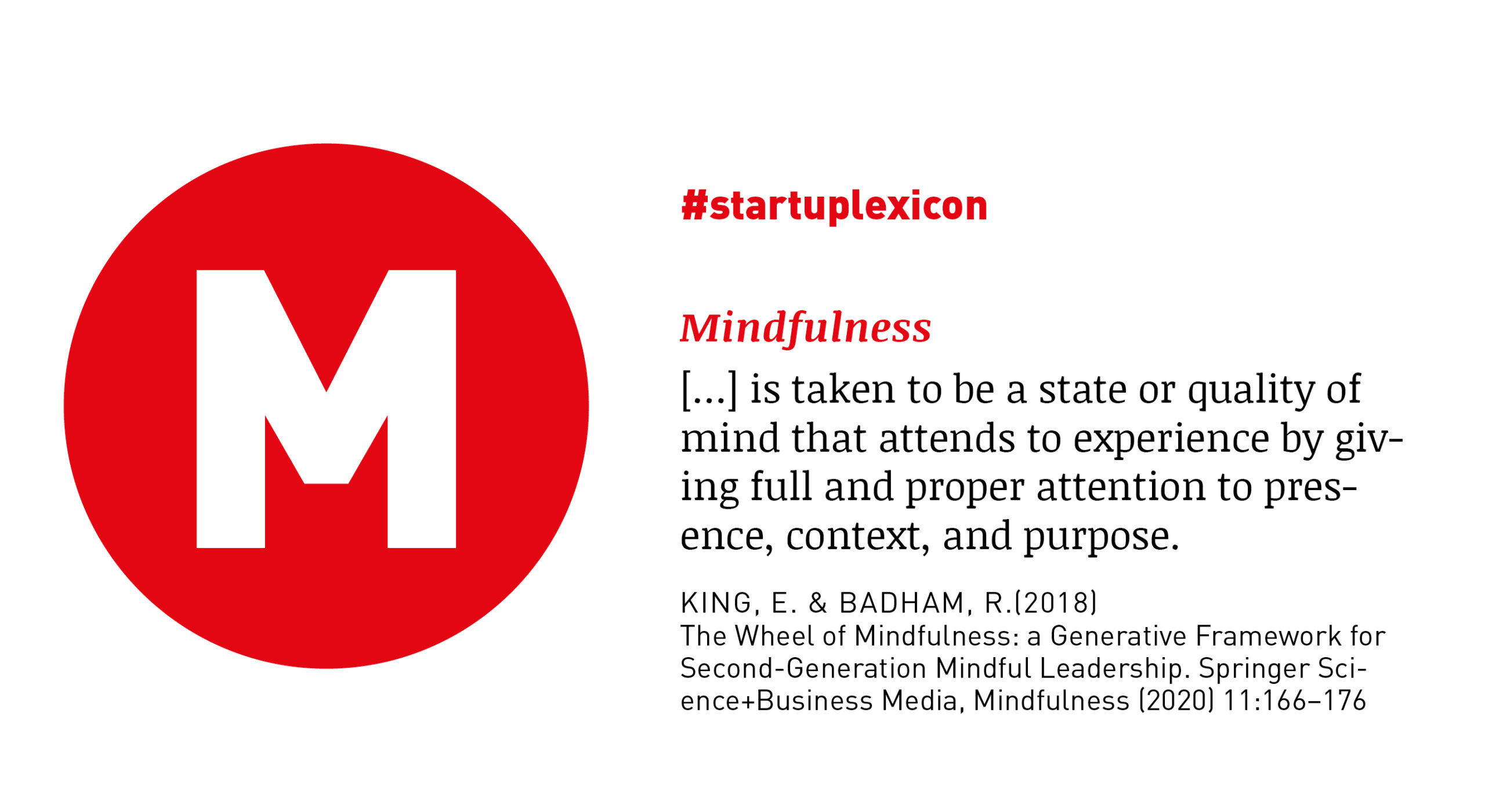
What is your personal motivation behind promoting mindfulness?
As a university student, I went through a long period of powerful stress. A close family member died after years of sickness. At the time, I was also recovering from a bad accident. It was a lot. After finishing my bachelor’s degree, I took a much-needed break instead of directly taking up my master studies. I had already touched upon the topic of mindfulness, so I decided to go on a silent retreat. I ended up on a small island in Indonesia, where I spent two weeks not talking to anyone and just being still. That was a refreshing and insightful experience. I refuelled my energy level and gained quite a bit of self-knowledge. It was the kick-off for my journey with mindfulness.
… which ultimately led you to your PhD topic: “Steps towards a mindful organisation”?
Precisely. I took my master’s degree in change management, because I was fascinated by change as the only constant in life and how we as humans have trouble adapting to that. During my studies, I realised that there existed very few concepts that were dealing with unexpected events and the domain of agility. I wanted to investigate this, and its link to individual mindfulness, as mentioned above, which is why I decided to do my PhD research on this. Luckily, I found Prof. Daniela Rastetter at the University of Hamburg, who is an expert in Psychology, Diversity and Gender studies. She was the perfect supervisor.
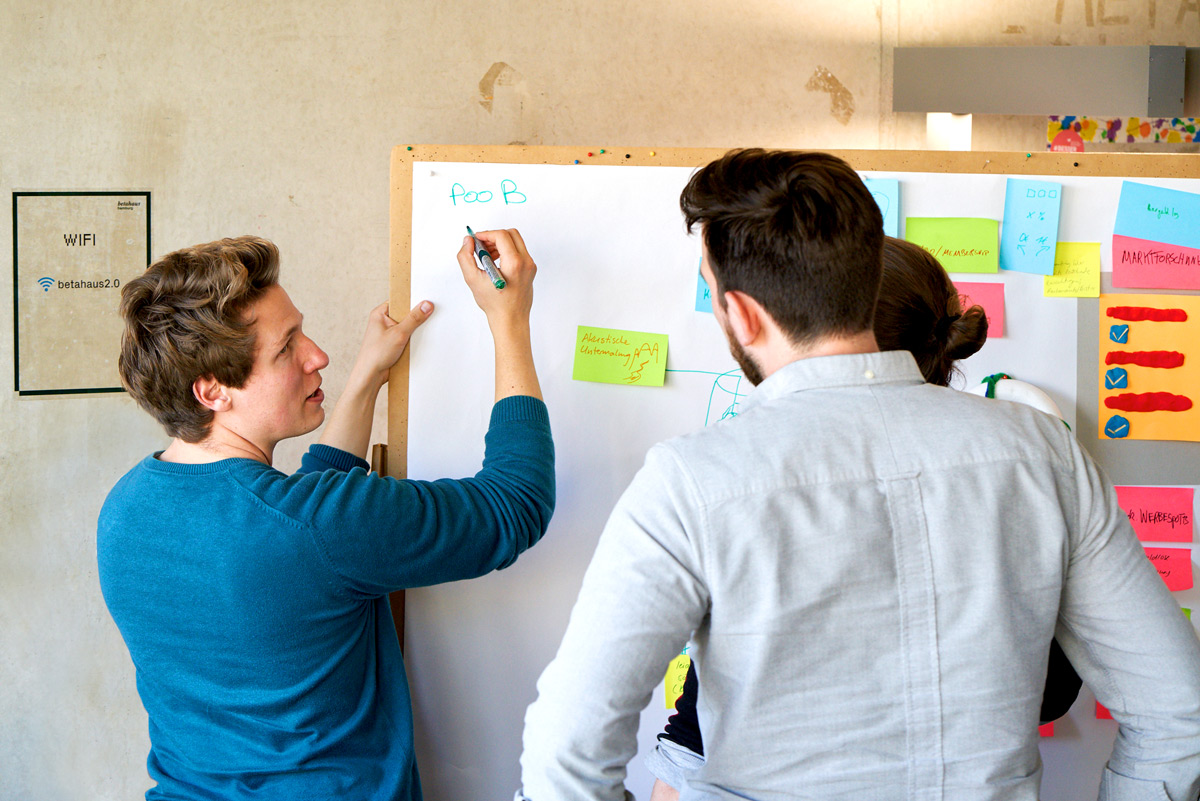
This is the time I began my professional journey with mindfulness. I counselled organisations to implement mindfulness and gave mindfulness courses at universities. Then, in 2017, my wife got pregnant. I was working on my PhD, I had a business, and I was becoming a father. I knew I needed to prioritise, so my business had to take a backseat. I applied for scholarships and luckily got accepted, which is why I was able to proceed with my passion, the PhD. This is why it wasn’t until last year, after I defended my thesis, that I started my company MindEvolved together with my cofounders.
How did you meet your cofounders?
A friend once told me: “Your cofounders will come to you.” As it turned out, he was right! I met Jordan Cox at a beach in Portugal as I was collecting garbage with my son. He came up to me, because he loved what we were doing – and he had a daughter who was the same age as my son. We hit it off right away! I met my other cofounder Nicolai K. Nielsen during my masters. We have been close friends since.
How do you divide your roles?
Jordan is responsible for marketing and Nicolai is taking care of the entire online production of the videos. I am the driving force behind MindEvolved and responsible for the entire content production. The idea is to coach my cofounders into becoming mindfulness consultants themselves. They can then help to develop mindful organisations – for a more sustainable and life-oriented business world.
Which revenue streams is your business currently built upon?
We have three business domains. We teach young people about the application of mindfulness practise in everyday student life at universities. We do consultations and trainings with professionals, which is about developing mindful organisations and people, as mentioned earlier. The third domain are our online courses. Luckily, we were planning these online courses before we even knew what was coming at us with the COVID-19 pandemic! We already piloted our first course “Mindfulness in 1 hour”, which was a big accomplishment for us, and we are currently working on our “Mindful Leadership” course, which is coming out soon.
What was a major lesson you learned after founding MindEvolved?
I have done a lot of sales since we started MindEvolved. I learnt that, no matter what I am selling, it is about the relationship I create with my clients. It is most important to engage the person in a conversation. If you call and say, “I want to offer you my services, do you have time to talk about it?”, they will decline. You need to get the other person talking – then you can identify their pain points. This I can help them with. Making sales is challenging, you need many deep breaths. You get knocked down and you get up again, this is how business works. In fact, it is quite similar to working on a PhD.
Which parts of the YES workshop do you remember most?
I loved the exercise in the end: we had to stick a note on someone else’s back saying what we think makes the other person an entrepreneur. I kept my note and pinned it to my wall. I am looking at it right now! It says: “You give great presentations. You can captivate people. Your empathy can hold a team together. You are an amazing salesman and a good listener + thinker. You show up for others. You are a great guy to have a beer with.” Needless to say, getting such positive feedback from the others really motivated me •
